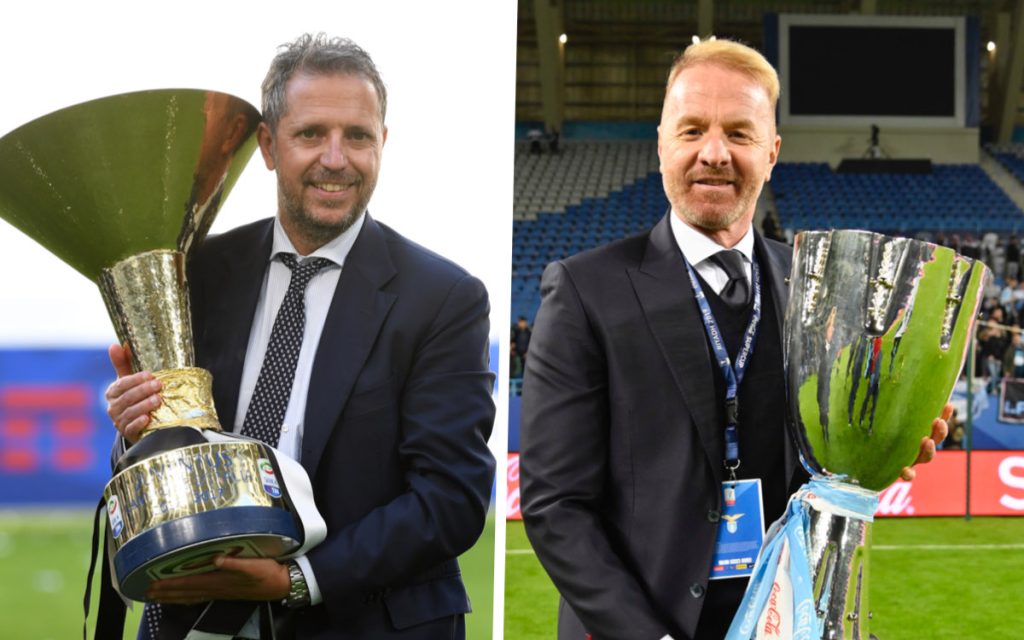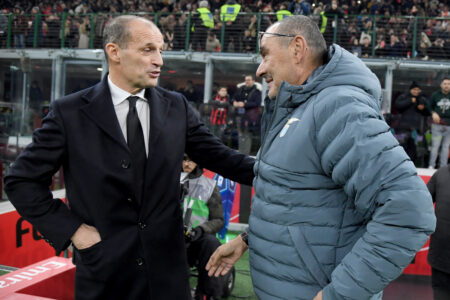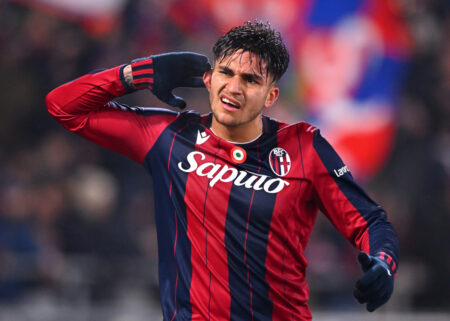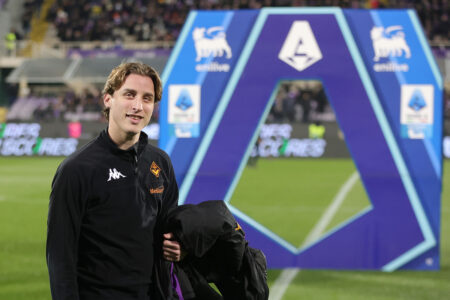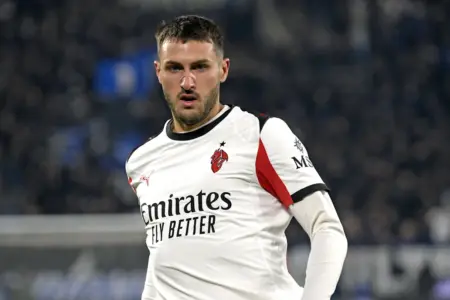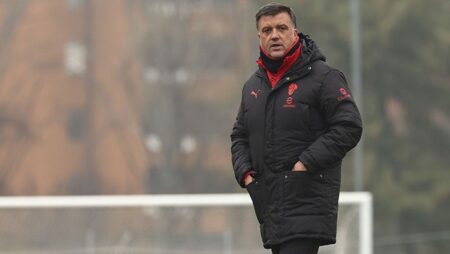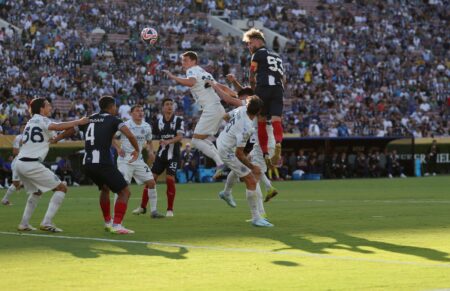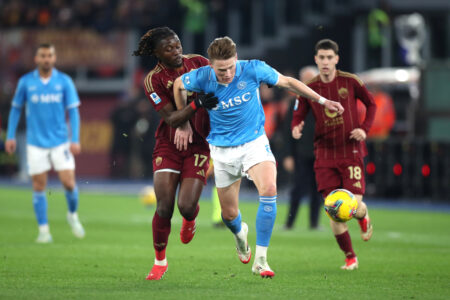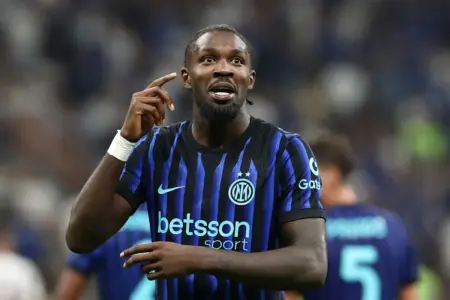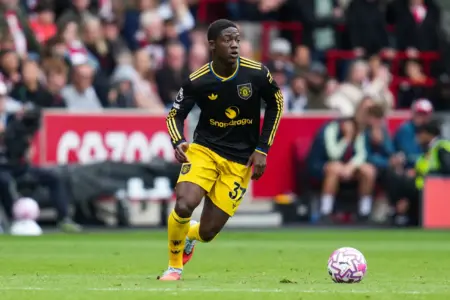Vision, Track Record, and the Coach Factor: Milan’s Sporting Director Candidates Compared
In recent years, the role of the sporting director has become increasingly pivotal for clubs aspiring to reach the top tiers of football. AC Milan, a historic club with its own share of recent turbulence, is no exception. After the departure of Paolo Maldini and Ricky Massara, and with Geoffrey Moncada and Antonio D’Ottavio each stepping into and out of the role, the club is now at a crucial juncture. The leadership has narrowed the list to two candidates: Igli Tare and Fabio Paratici. Both have impressive backgrounds, but their paths and results differ significantly. As Milan prepares for the 2025-26 season, the choice of the next sporting director will be pivotal.
The Paratici Dilemma
Fabio Paratici, with a career closely intertwined with Giuseppe Marotta, has been a key figure in Italian football. Working at Juventus, he played a significant role in some high-profile signings, including Cristiano Ronaldo, Matthijs de Ligt, and Adrien Rabiot. Paratici’s creativity in financial dealings was evident with the swap deal that brought Arthur Melo from Barcelona. However, his tenure at Juventus has not been without criticism. High-profile, high-salary signings like Ronaldo and Aaron Ramsey left the club with substantial financial burdens, and investments in young talents such as Cristian Romero and Weston McKennie did not yield the expected returns. Paratici’s later years at Juventus were marred by legal issues, further eroding his credibility. Despite this, his ability to secure top talent and navigate the transfer market remains commendable. His experience and the potential to secure well-established, high-impact coaches like Massimiliano Allegri or Antonio Conte could offer immediate stability and results for Milan.
Tare’s Tale
Igli Tare, on the other hand, has demonstrated remarkable adaptability and strategic acumen in a more challenging environment. Working under the often confrontational Claudio Lotito at Lazio, Tare managed to build competitive teams with limited financial resources. His ability to earn trust and support from the ownership, coaching staff, and fans is a testament to his interpersonal skills. Tare’s shrewd acquisitions, such as Sergej Milinkovic-Savic, Luis Alberto, and Ciro Immobile, have not only bolstered Lazio’s squad but also elevated these players to stardom. His talent for identifying and integrating emerging managers, like Simone Inzaghi, has also been a significant asset. Tare’s track record of retaining key players and making profitable transfers, such as the re-signing of Felipe Anderson for a fraction of his previous sale price, showcases his financial astuteness. While his time at Lazio ended on a note of tension with Maurizio Sarri and some expensive signings like Vedat Muriqi, Tare’s overall impact on the club’s competitiveness and financial health is undeniable.
The Coach Factor
A crucial differentiator between Tare and Paratici is their approach to coaching staff. Paratici has a preference for established, high-profile coaches like Allegri and Conte, who bring immediate credibility and proven success. However, this strategy often comes with higher costs and expectations, which can be a double-edged sword for Milan. On the other hand, Tare has a knack for identifying and nurturing emerging managerial talents. If Tare were to take the helm, Milan could see the likes of Vincenzo Italiano, Raffaele Palladino, Roberto De Zerbi, or even Cesc Fabregas at the helm. These coaches represent a modern, dynamic approach to football, which aligns with the club’s long-term vision of sustainable growth and innovation.
The Choice Milan Faces
From a qualitative standpoint, the gap between Tare and Paratici is clear. Tare has consistently built competitive, sustainable teams despite financial constraints, while Paratici’s track record is marked by high-impact signings and immediate results, albeit with occasional financial and strategic missteps. The Milan environment presents a unique challenge that requires not only competence but also the ability to manage intense pressure and expectations. Paratici’s experience with established coaches and his ability to secure top talent could provide the immediate stability and results that the club craves. However, this approach comes with the risk of higher financial commitments and the potential for misaligned investments.
The Road Ahead
If Milan decides to focus on a long-term project, centered on developing emerging talents and coaches, Tare would be the ideal choice. His proven ability to build sustainable, competitive teams and his strategic acumen in financial dealings align perfectly with a vision of long-term growth and innovation. The real question is whether the Rossoneri are geared towards the courageous and ambitious or the safe and traditional. The choice of the next sporting director will not only shape the club’s immediate future but also define its legacy for years to come.

